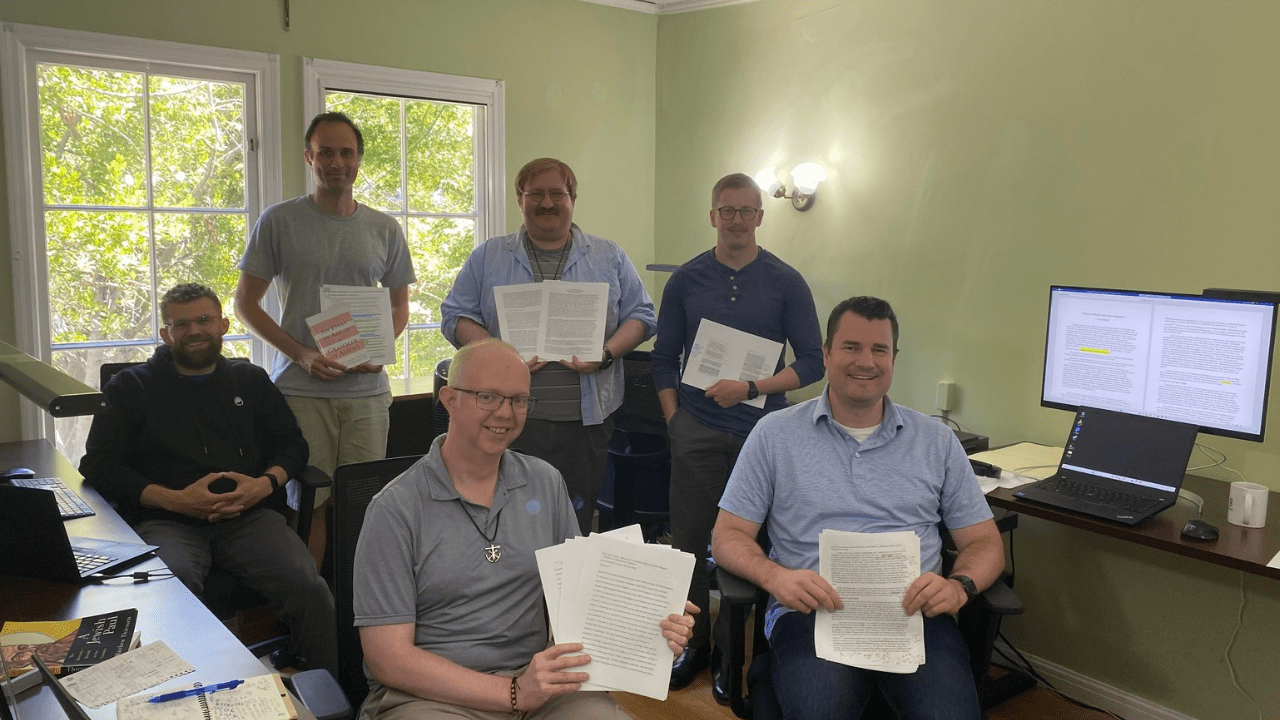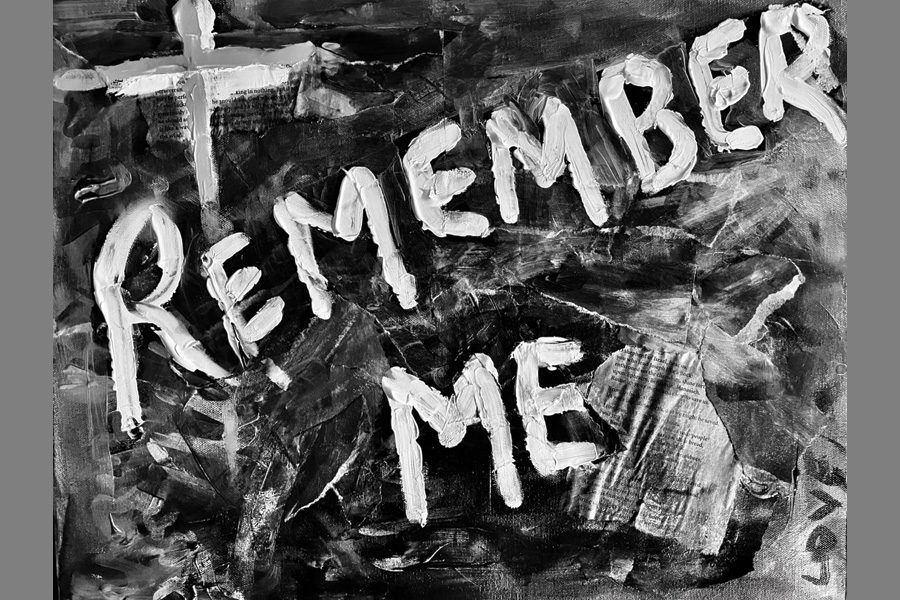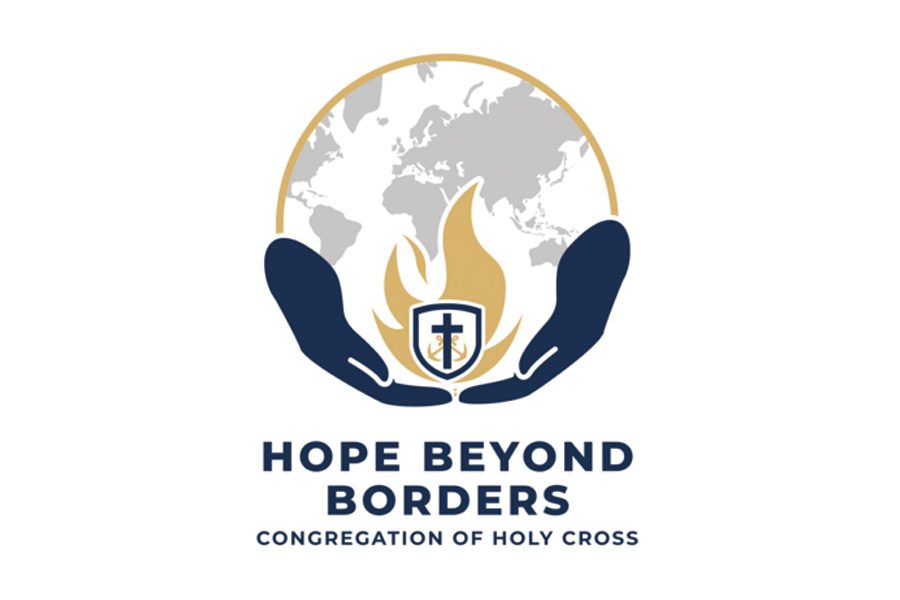I write this post as six other Holy Cross priests and I conclude our second annual “Writing Camp.” Two of us are junior faculty at Holy Cross schools (having become “Assistant Professors” within the past few years); three are working on their PhDs in preparation for taking on such a position; one is beginning a year of discernment and applications to PhDs programs with the same goal. What unites us is the academic apostolate.
The faculty positions we take on in our Higher Ed institutions have three main areas of responsibility: scholarship; teaching; and service. The work of designing and teaching classes is
what most people are familiar with, as it’s what they saw their professors doing when they were in college. Service is an important, often unseen, part of the position, which includes student advising as well as serving on committees that help form academic policies and procedures at our institutions, giving direction to our common work of education. Scholarship is also a vital part of our role, conducting research, giving conference presentations, and writing journal articles and books. As religious, we also maintain a posture as companions and witnesses to our students and colleagues, and, for those of us who are priests, contribute to the sacramental life of the campus.
Our Constitutions tell us that “our calling is to serve the Lord Jesus in mission not as independent individuals but in a brotherhood” (4:33). The work of scholarship, though, can sometimes feel rather solitary, even independent. It’s rare for two Holy Cross religious, for instance, to collaborate on an academic article, partly because we (often deliberately) specialize in different areas. When I was in parish work, before going on for my doctorate, I lived in a rectory with the two other priests who ministered in that parish—I was living together with the people who were doing the same work as me. Our local communities at our schools are full of fellow religious doing wonderfully varied things at those schools, and often at other institutions in the area too. It makes for a very rich experience of community life, keeping us grounded in the broad life of the Church, but some of us academics articulated a desire to occasionally gather precisely as Holy Cross academics to deepen and be renewed in the particular kind of brotherhood proper to our shared role, even as we live geographically apart at different institutions.
Over the years, we have found several ways to do this. “Writing Camp” is one recent addition. We have gathered in our community’s house in Berkeley (an academic house of the Providence deliberated untethered to any one institution). We begin each day together with Mass and Morning Prayer, then enter into silence to spend the day reading, thinking, and writing (with a quick break for Midday Prayer and lunch). The workday ends with Vespers, after which we enjoy a time of fellowship, including an evening meal that we take turns preparing. People linger at table and often continue the conversations while listening to music after the dishes are done. Our Constitutions call us to make sure our formal Chapter meetings are times when we “explore the life of the spirit with one another, lest we should speak least about what means most to us” (4:38). We have found that the evenings of Writing Camp provide an opportunity to have those meaningful conversations.
Writing Camp is a productive way to get writing done: the writing we need to do to get and keep our faculty positions; more deeply, the writing we feel called to do because we believe the Spirit, acting through the community, has given us set aside time, training and resources to write something that matters, something that can teach our colleagues (just as we, in turn, learn from them), something that advances our knowledge and understanding of what is true about the world, and, hence, draws us close to God who is Truth. But Writing Camp is more than just productive; it’s fruitful. It’s a time we live out, encounter, and deepen our vocations to common work, common table, and common prayer, and hence draw closer to the kingdom and become “a sign in an alienated world:… closest neighbors, trustworthy friends, brothers” (4:42).
(Rev.) Adam Booth, C.S.C.
Published 14 August 2024




